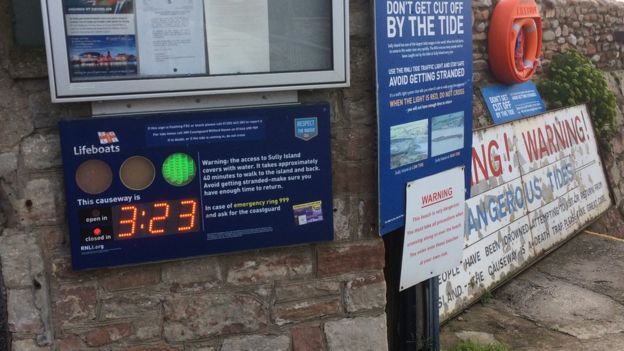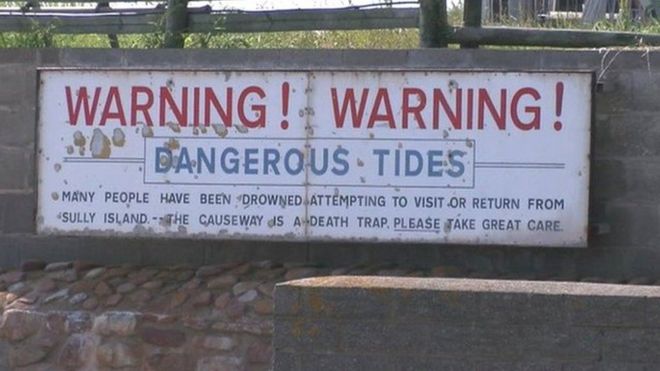"Great fleas have little fleas upon their backs to bite 'em,
And little fleas have lesser fleas, and so ad infinitum.
And the great fleas themselves, in turn, have greater fleas to go on,
While these again have greater still, and greater still, and so on."
As a result of some proxy job-hunting among the trainee positions available to new graduates, I was surprised to see a whole new category has emerged since my own long-distant milkround days.
A significant proportion of the positions available carried the logos of recruitment organisations but, in this case, not acting as middlemen but searching for new blood to join their own ranks.
Of course, these companies must have a certain amount of staff turnover but, to judge by the advertisements, some of them are trawling on an industrial scale for new graduates; in fact, fully 10% of the Guardian's graduate job opportunities last week were for variations on the theme of 'trainee recruitment consultant'.
Further research shows that, of the other jobs available, a large number invited the hopeful job-hunter to apply not to the eventual employer but to a third-party gatekeeper in the form of a consultancy. Even the public sector is not immune - such behemoths as health trusts and education authorities have clearly succumbed to the lure of outsourcing all that tedious CV-reading and interviewing.
Now, pleasant as it would be to assume that our money is being wisely spent, there is something rather worrying about the central London addresses and, on further inspection, palatial offices of some of the firms in question; not only are they merrily enlisting new troops left, right and centre for handsome salaries but they are clearly occupying some choice real estate.
That being so, I can't imagine that their services come cheap. How is it, then, that the cash-strapped NHS and other public bodies can afford to employ them, despite having their own personnel departments?
There is a possible clue in one of the recruitment job descriptions; the successful candidate, it said, would be 'keen to spot marketing opportunities and pursue them to create new business'. Can it be, then, that public sector managers are falling for the blandishments of professional salesmen to the extent that they no longer trust their own judgement or that of their staff when it comes to recruiting anything other than the lowest-ranking employees?
That would certainly fit with the world of 'development courses' and 'strategy days', where a hideously expensive 'consultant' obliges the reluctant workforce to visualise the 'coathanger of innovation' or jump into an imaginary wok and 'act out a being stir-fry' (yes, really!) while the bosses look on, beaming benevolently; there's nothing like a glossy brochure and a bit of jargon to make a senior manager hanker for front-row seats at the Emperor's fashion show.
Naturally some unscrupulous recruitment consultants have spotted this opportunity to bleed the state of its cash and are busy filling a completely unnecessary niche - no wonder the service sector was recently announced to be the fastest-growing and most successful part of the economy.
It's more than a little unsettling to hear that our economy is apparently being kept afloat by those who toil not, neither do they spin, and to be confronted by evidence that they are actively seeking recruits to the ever-increasing flea circus of middlemen, agents and intermediaries who survive by taking their cut from the labour of others or, as manufacturing declines, from the perceived soft target of the already overstretched public sector.
And little fleas have lesser fleas, and so ad infinitum.
And the great fleas themselves, in turn, have greater fleas to go on,
While these again have greater still, and greater still, and so on."
As a result of some proxy job-hunting among the trainee positions available to new graduates, I was surprised to see a whole new category has emerged since my own long-distant milkround days.
A significant proportion of the positions available carried the logos of recruitment organisations but, in this case, not acting as middlemen but searching for new blood to join their own ranks.
Of course, these companies must have a certain amount of staff turnover but, to judge by the advertisements, some of them are trawling on an industrial scale for new graduates; in fact, fully 10% of the Guardian's graduate job opportunities last week were for variations on the theme of 'trainee recruitment consultant'.
Further research shows that, of the other jobs available, a large number invited the hopeful job-hunter to apply not to the eventual employer but to a third-party gatekeeper in the form of a consultancy. Even the public sector is not immune - such behemoths as health trusts and education authorities have clearly succumbed to the lure of outsourcing all that tedious CV-reading and interviewing.
Now, pleasant as it would be to assume that our money is being wisely spent, there is something rather worrying about the central London addresses and, on further inspection, palatial offices of some of the firms in question; not only are they merrily enlisting new troops left, right and centre for handsome salaries but they are clearly occupying some choice real estate.
That being so, I can't imagine that their services come cheap. How is it, then, that the cash-strapped NHS and other public bodies can afford to employ them, despite having their own personnel departments?
There is a possible clue in one of the recruitment job descriptions; the successful candidate, it said, would be 'keen to spot marketing opportunities and pursue them to create new business'. Can it be, then, that public sector managers are falling for the blandishments of professional salesmen to the extent that they no longer trust their own judgement or that of their staff when it comes to recruiting anything other than the lowest-ranking employees?
That would certainly fit with the world of 'development courses' and 'strategy days', where a hideously expensive 'consultant' obliges the reluctant workforce to visualise the 'coathanger of innovation' or jump into an imaginary wok and 'act out a being stir-fry' (yes, really!) while the bosses look on, beaming benevolently; there's nothing like a glossy brochure and a bit of jargon to make a senior manager hanker for front-row seats at the Emperor's fashion show.
Naturally some unscrupulous recruitment consultants have spotted this opportunity to bleed the state of its cash and are busy filling a completely unnecessary niche - no wonder the service sector was recently announced to be the fastest-growing and most successful part of the economy.
It's more than a little unsettling to hear that our economy is apparently being kept afloat by those who toil not, neither do they spin, and to be confronted by evidence that they are actively seeking recruits to the ever-increasing flea circus of middlemen, agents and intermediaries who survive by taking their cut from the labour of others or, as manufacturing declines, from the perceived soft target of the already overstretched public sector.


